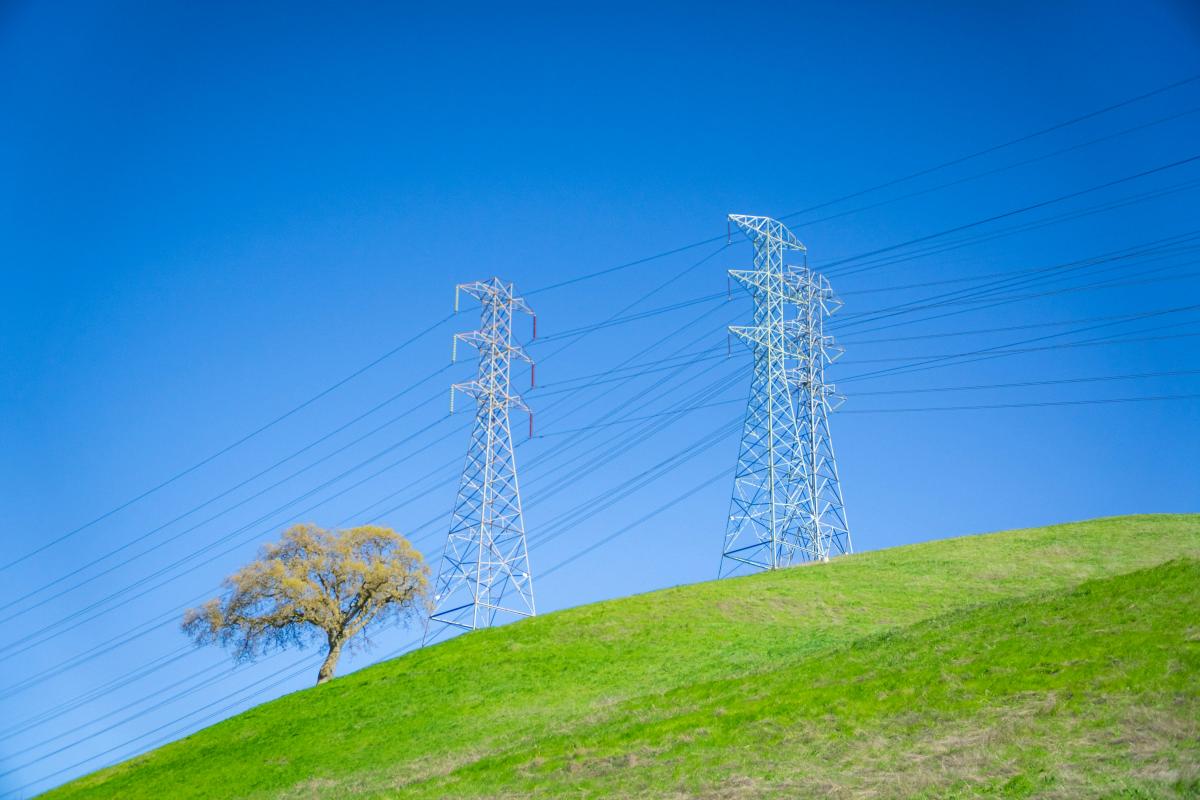
PATHS2050 sensitivity analyses strengthen conclusions on Belgium’s electrification pathways
Following our Main Study 2025 outlining three coherent and technically feasible energy transition pathways for Belgium, we ran sensitivity analyses focusing on uncertainties related to renewables, nuclear and Carbon Capture and Storage (CCS). The additional calculations confirm and reinforce our conclusions from earlier this year.
We ran additional sensitivity analyses that focus on uncertainties related to the cornerstone technologies needed to reach net-zero by 2050: renewables, nuclear and CCS. The additional calculations confirm and strengthen the conclusions from the Main Study earlier this year – developed with our first five Coalition partners: ArcelorMittal, BASF, Elia, Fluxys and Luminus.
Electrification is the backbone: power demand roughly doubles (up to ~170 TWh by 2050) while fossil use falls. To reach this, action is needed:
- Scale heat pumps in buildings & electrify nearly all road transport by 2040.
- Support industry’s shift to electrified processes, in the short term especially low-/medium-temperature heat.
Explore the results of the sensitivity runs here.
Why these sensitivity analyses matter
Across our three scenarios ROTORS, REACTORS and IMPORTS, directions are robust. Uncertainties on availability of renewables, nuclear, CCS and electrolysers will not shift total system costs drastically, and the signal is clear: electrify fast, phase out fossil fuels, apply CCS where needed, and plan infrastructure and import of electricity and molecules accordingly.
Assumptions
Our assumptions for the Main Study 2025 are now openly documented on the website, combining quantitative techno-economic inputs (investment costs, resource potentials, efficiency trends) with qualitative factors (commercial availability, maturity, expected policy support).
All of this amid Belgium’s evolving context: renewables expansion, the 10-year life extension of Doel 4 and Tihange 3, ongoing discussions on Small Modular Reactors (SMRs) and future possible scaling of clean molecules like hydrogen and ammonia.
About PATHS2050
Our PATHS2050 Platform was initially created with the input of more than 200 EnergyVille researchers from KU Leuven, VITO, imec & Hasselt University and presents the results of all of our full-system optimisation studies, covering scenarios for a range of sectors.
Interested in finding out what our TIMES-BE model or PATHS2050 Coalition can mean for your company, sector federation or policy making process? Then don't hesitate to contact one of our Business Developers on info@perspective2050.be – they will gladly make time for you!

